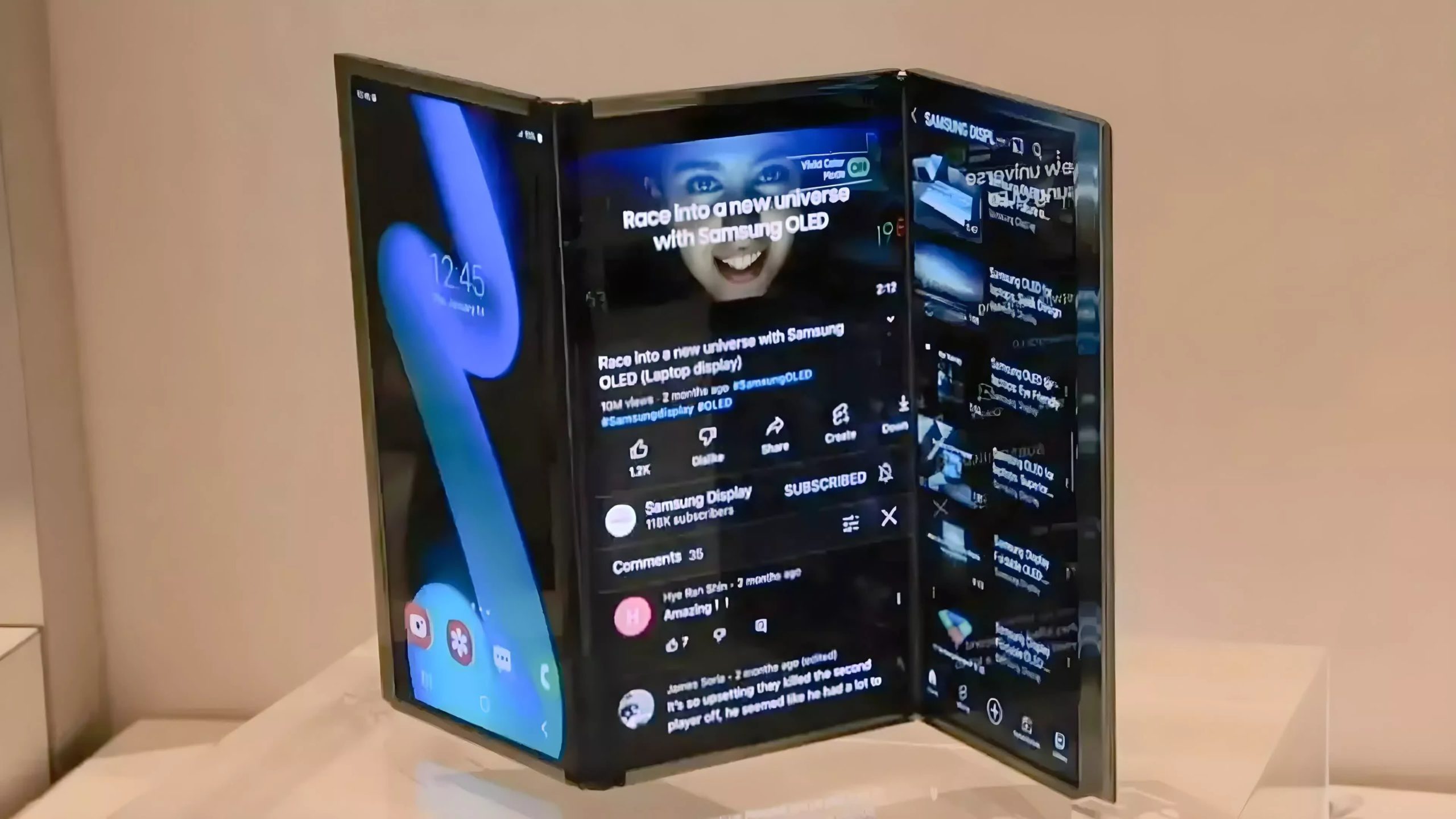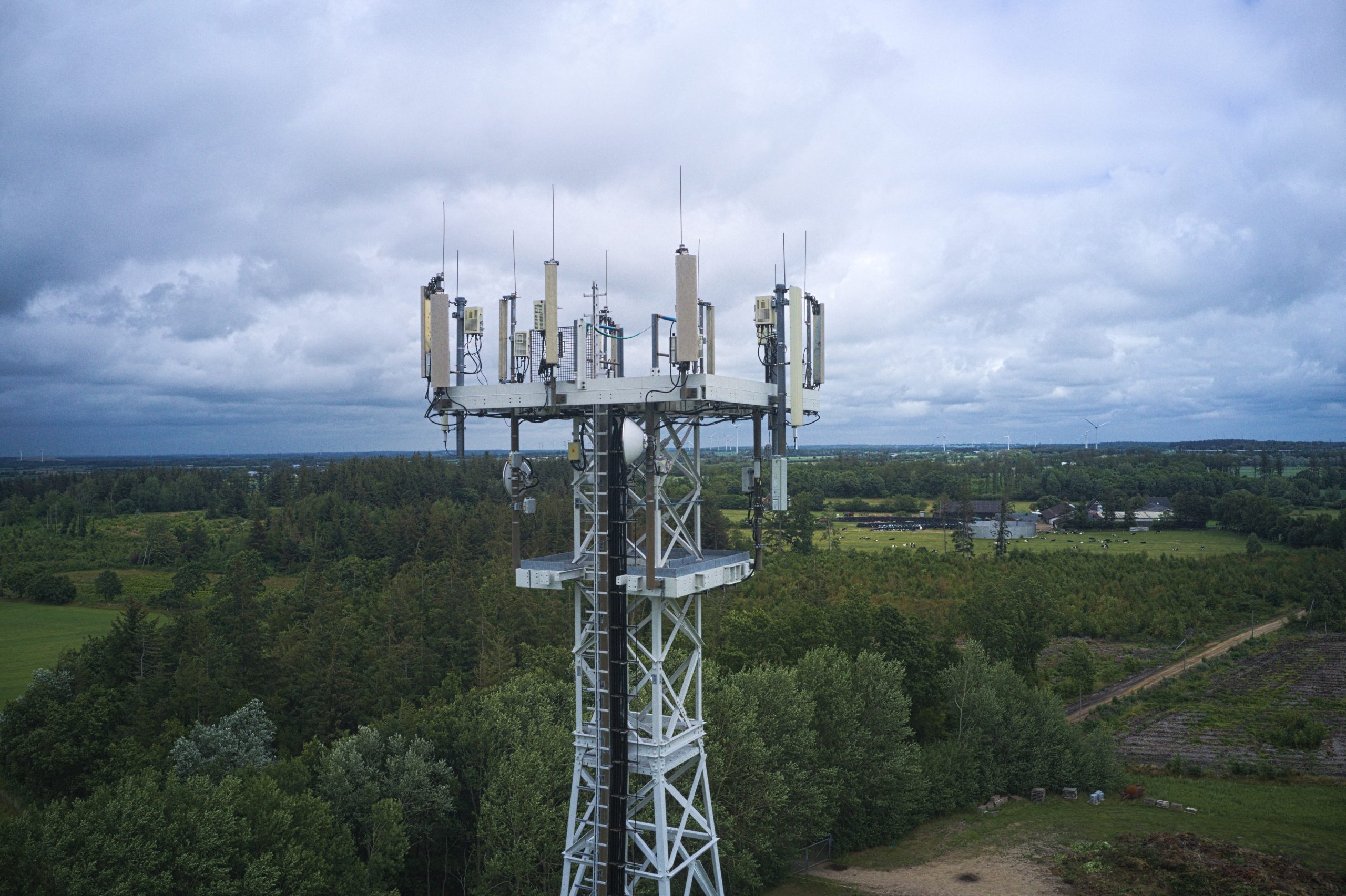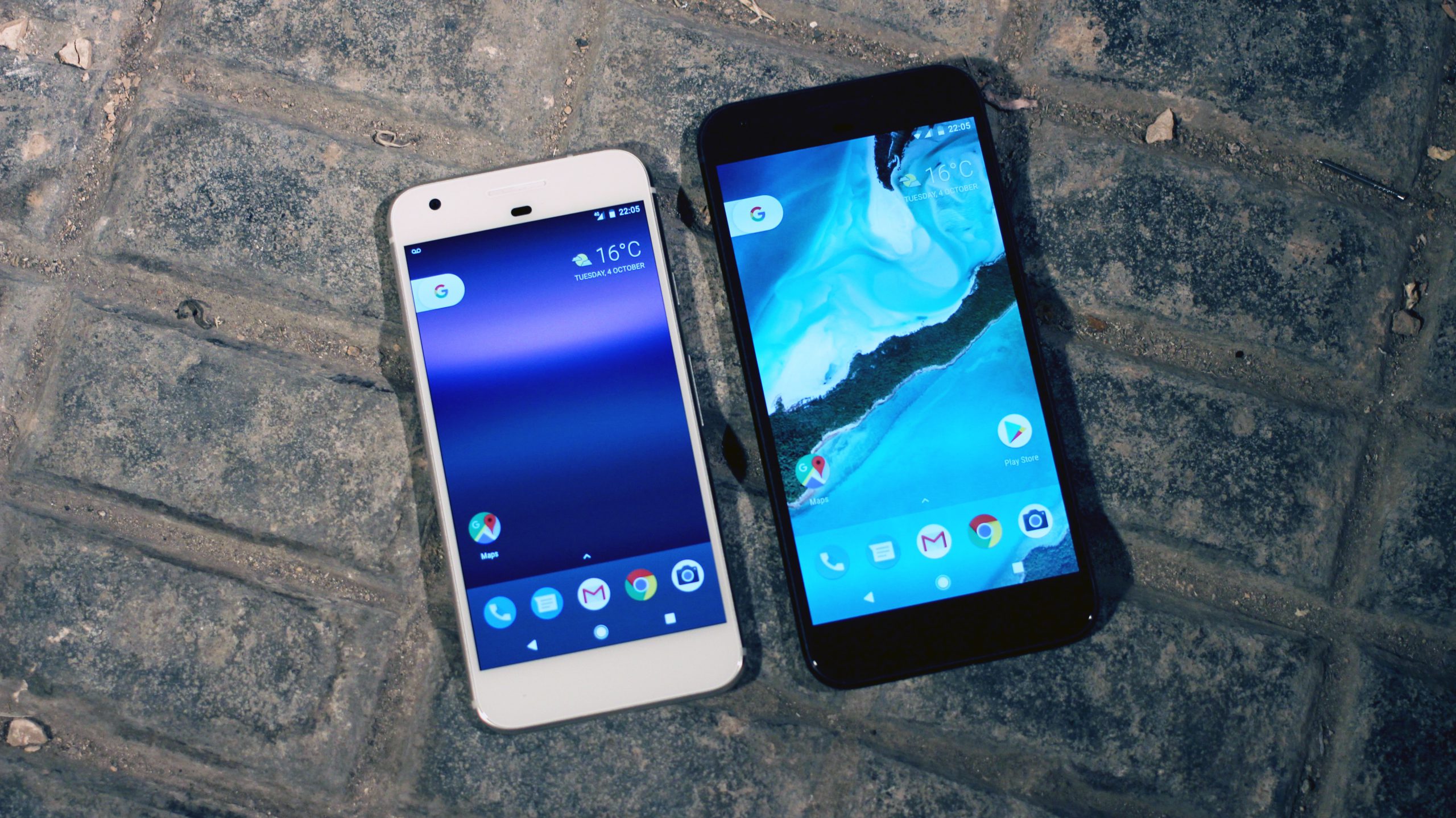That moment when your child asks a question and you respond with “uh-huh” while scrolling through work emails—researchers now have a term for it. “Parental phubbing” isn’t just poor manners anymore; it’s a documented psychological phenomenon reshaping family bonds in ways that would make anyone nostalgic for undistracted family time.
The numbers tell a brutal story. Research demonstrates that using your phone makes you five times more likely to ignore your child’s bid for attention, according to recent meta-analyses from institutions including the University of Michigan. You respond slower, with weaker emotional engagement, essentially treating your kid like background noise while Instagram reels demand priority. Scientists call this the “displacement hypothesis”—your brain literally can’t multitask between digital information and quality parenting.
Your children aren’t just annoyed by this behavior; they’re developing measurable psychological consequences. Studies reveal higher rates of depression and anxiety among kids experiencing regular parental phubbing, along with increased aggressive and defiant behaviors. Even infants under one year old respond to maternal phone distractions with elevated heart rates and negative emotions—your baby knows when you’re checked out before they can even speak.
The damage spreads beyond individual parent-child moments through what researchers term “spillover effects.” When partners phub each other, it cascades through the entire family system, with academic research consistently documenting these patterns across different cultures. Mother-daughter relationships show particular vulnerability to paternal phone use, creating a domino effect of disconnection that affects the quality of parent-child interactions throughout the household.
These family dinner disruptions aren’t just momentary lapses—they’re rewiring fundamental expectations about attention and care. Your children develop specific assumptions about parental responsiveness, and chronic phone use violates these core relational contracts. The sacred ritual of sharing meals, which anthropologists recognize as foundational to human bonding across cultures, gets reduced to parallel scrolling sessions where meaningful conversation becomes an afterthought.
Understanding this research doesn’t require throwing your phone in a drawer forever. It means recognizing that every notification competing with your child’s storytelling carries measurable relationship costs that compound over time, affecting both immediate family dynamics and long-term child development outcomes.






























